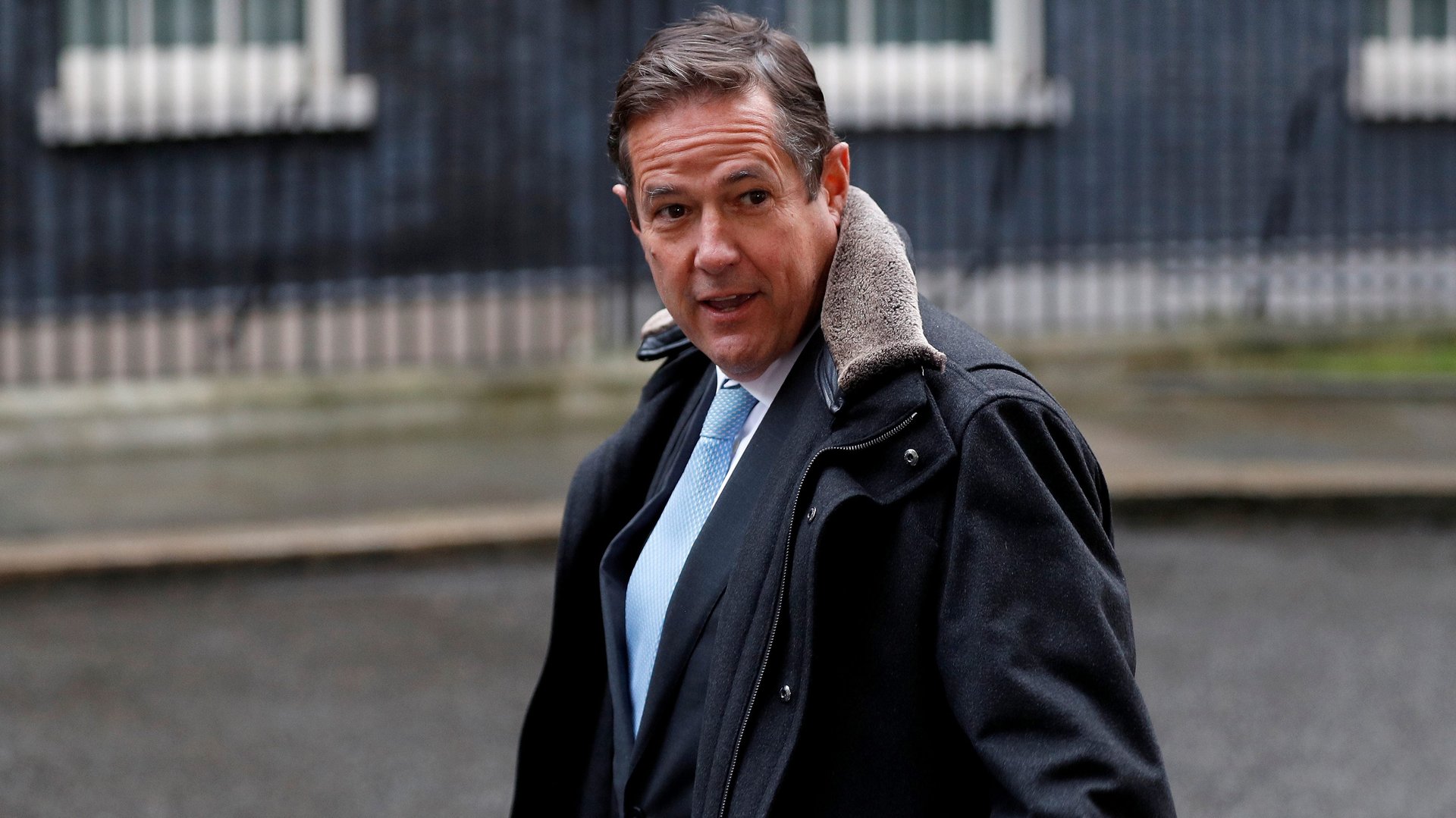Why is Jes Staley resigning from Barclays?
Jes Staley stepped down as CEO of Barclays today (Nov. 1) after the bank was made aware of the findings of an investigation conducted by UK regulators into his relationship with the late financier Jeffrey Epstein, a convicted sex offender who died by suicide in a Manhattan jail three years ago.


Jes Staley stepped down as CEO of Barclays today (Nov. 1) after the bank was made aware of the findings of an investigation conducted by UK regulators into his relationship with the late financier Jeffrey Epstein, a convicted sex offender who died by suicide in a Manhattan jail three years ago.
The British bank said it learned of the preliminary conclusions from the two-year investigation on Oct. 29; the probe looked into Staley’s ties to Epstein, as well as the way he described them to Barclays. Staley’s professional relationship with Epstein dates back to his time working at JPMorgan, during which he was the financier’s private banker. The findings of the UK investigation have not been made public, but Barclays said they don’t suggest Staley saw, or was aware of, any of Epstein’s alleged crimes. Nevertheless, the bank said Staley intends to contest the results of the inquiry.
C.S. Venkatakrishnan, who was most recently Barclays’s co-president and head of global markets, will take over as CEO. Barclays shares were down less than 1% on news of Staley’s departure.
What we know about Staley’s ties to Epstein, and how he explained them
Staley previously said he was first connected with Epstein in 2000 while Staley was the head of JPMorgan’s private bank, and that their relationship began to “taper off” around 2013. During this time Epstein connected Staley with lucrative clients such as Glenn Dubin, who co-founded the hedge fund Highbridge Capital Management, which was acquired by JPMorgan in 2004.
JPMorgan’s private bank assets grew from $600 billion to $1.3 trillion while Staley was running it, boosted in part by such deals brokered with the help of Epstein.
During the period when Epstein was cultivating relationships with Wall Street figures such as Staley he was also sex trafficking dozens of underage girls and women. He evaded federal criminal charges in 2007 after US attorney Alexander Acosta agreed to a plea deal, and spent 13 months in jail after pleading guilty to procuring a girl under the age of 18 for prostitution, in 2008. Staley was pictured with Epstein at his Manhattan mansion three years after this occurred, in 2011.
In 2019 Epstein was indicted in a New York federal court for sex trafficking minors, and died in prison shortly thereafter. That same year UK regulators began looking into Staley’s relationship with Epstein, five years after he was appointed as Barclays CEO. The bank said he told their board of directors he had no contact with Epstein after 2015, when he was appointed as chief executive.
When Barclays disclosed in February 2020 that regulators were looking into Staley’s relationship with Epstein, the bank executive said, “I thought I knew him well and I didn’t…For sure, with hindsight, with what we all know now, I deeply regret having had any relationship with Jeffrey Epstein.”
C.S. Venkatakrishnan to take the Barclays reigns
Staley’s replacement is also an alum of JPMorgan, having previously served as a managing director for the investment firm. While at JPMorgan, Venkatakrishnan flagged what he believed to be a risky derivatives trade that ultimately cost the firm more than $6 billion; the scandal became known as the London Whale. Staley was reportedly impressed by Venkatakrishnan’s sharp analysis and brought him on as a chief risk officer shortly after he was appointed to Barclays CEO.
The former CEO will receive a £2.5 ($3.5 million) payout from Barclays, as well as benefits, through next October. Staley, who is American, may be able to receive repatriation costs to the US as well.
This is not the first time the bank executive has found himself in hot water with UK financial regulators. In 2018 he was fined $1.5 million for trying to unmask a Barclays whistleblower who sent critical letters about the company. That investigation was conducted by the Financial Conduct Authority (FCA) and the Bank of England’s Prudential Regulation Authority, which both conducted the Epstein investigation as well.